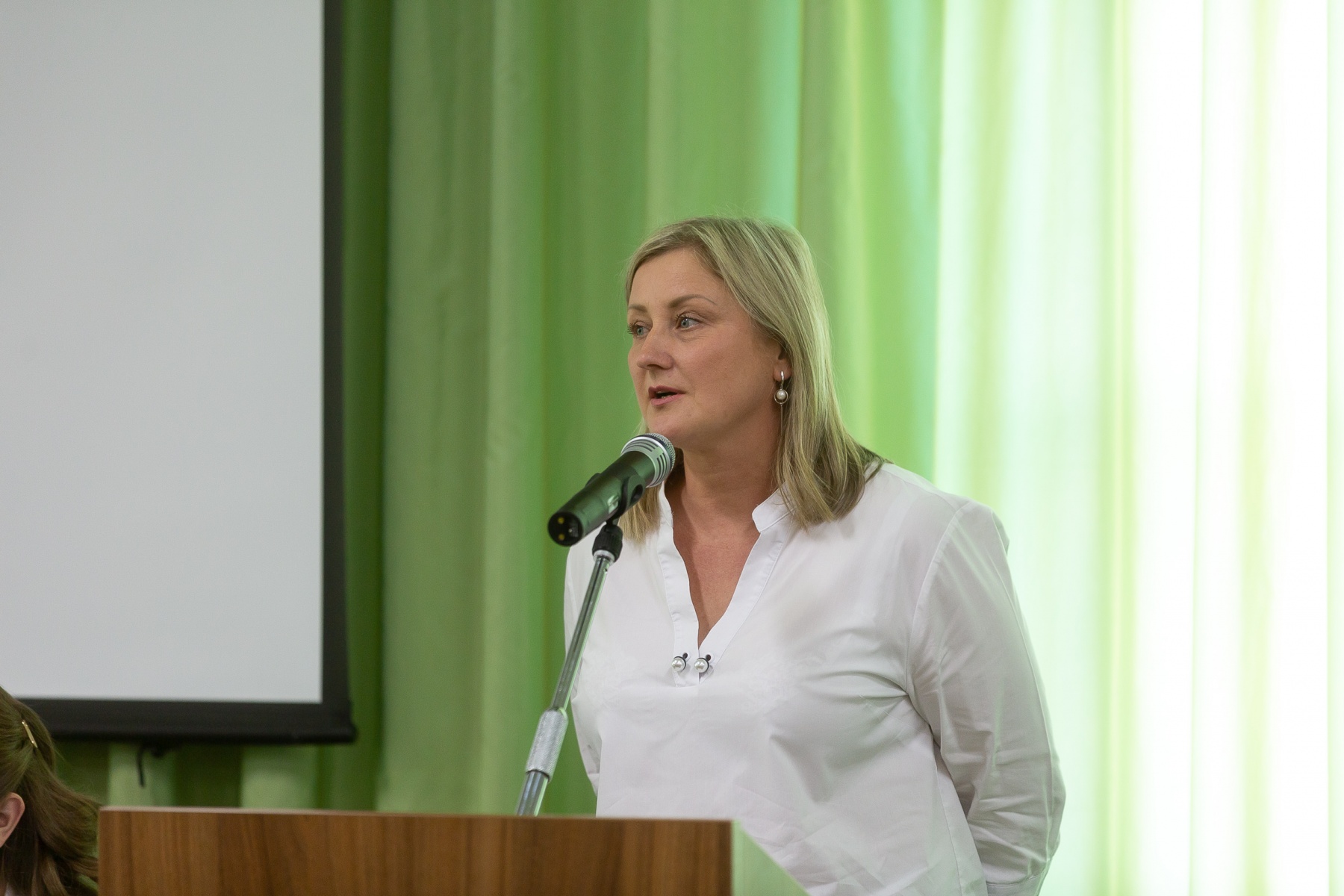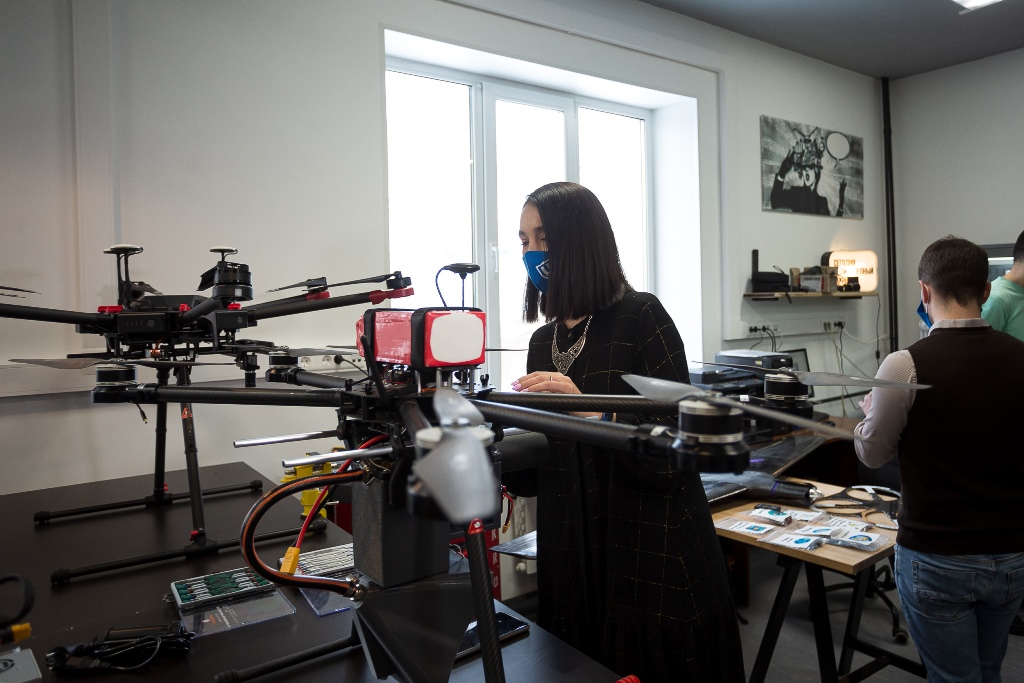After the expertise, a European quality certificate (EUR-ACE®Label) was given to TSU master’s educational programs Mechanics of Biocomposite Materials, Obtainment and Modeling of Their Structure and Properties (Faculty of Physics and Engineering), Computer Engineering of High-Energy Systems (Faculty of Physics and Engineering), and Optical and Optoelectronical Devices (Faculty of Radiophysics).
Yulia Ryzhikh, dean of the Faculty of Physics and Engineering, notes that all programs of the faculty have valid accreditation, which means that they are acknowledged by partners from industry and that the graduates are in high demand. The collaboration between the academic community and industry is the main value of engineering education.

Yulia Ryzhikh highlights that public and professional accreditation matters greatly to the faculty, because it focuses on assessing the educational content: fundamental and applied knowledge, practical design skills.
“During institutional accreditation some disadvantages can be compensated by other advantages, and professional accreditation follows a simple principle: an educational program is as strong as its weakest link is. The program is accredited only if all its modules meet the criteria,” - she adds.
Moreover, quality engineering education is only possible with the involvement of industrial partners. Right after enrollment at the Faculty of Physics and Engineering, the student is introduced to professional tasks like production task evaluation, and development and implementation of new technologies and materials.“Most of our students get a job offer before they graduate. The fact that we have proved our quality of education as the result of this certification is a kind of a signal for employers, that these graduates are worth hiring,” - notes Yulia Ryzhikh.

The benefits of EUR-ACE®Label
Tatyana Rudenko, director of TSU Center for Accreditation, notes that programs with a EUR-ACE®Label certificate are recognized in any country of EUR-ACE-Agreement or countries of the Washington Accord.Graduates of the AEER-accredited programs can work as Engineers in Australia, Canada, China, Costa Rica, Finland, France, Hong Kong, India, Ireland, Italy, Japan, Kazakhstan, Korea, Malaysia, New Zealand, Pakistan, Peru, Poland, Portugal, Romania, Russia, Singapore, Slovakia, South Africa, Spain, Sri Lanka, Switzerland, Taiwan, Turkey, UK, and the US.
They can also apply to become a professional engineer - a liscense that allows engineers to take a leadership position in high-level engineering projects.
The graduates of programs accredited by the Association for Engineering Education of Russia receive the liscense without going through the full examination process.